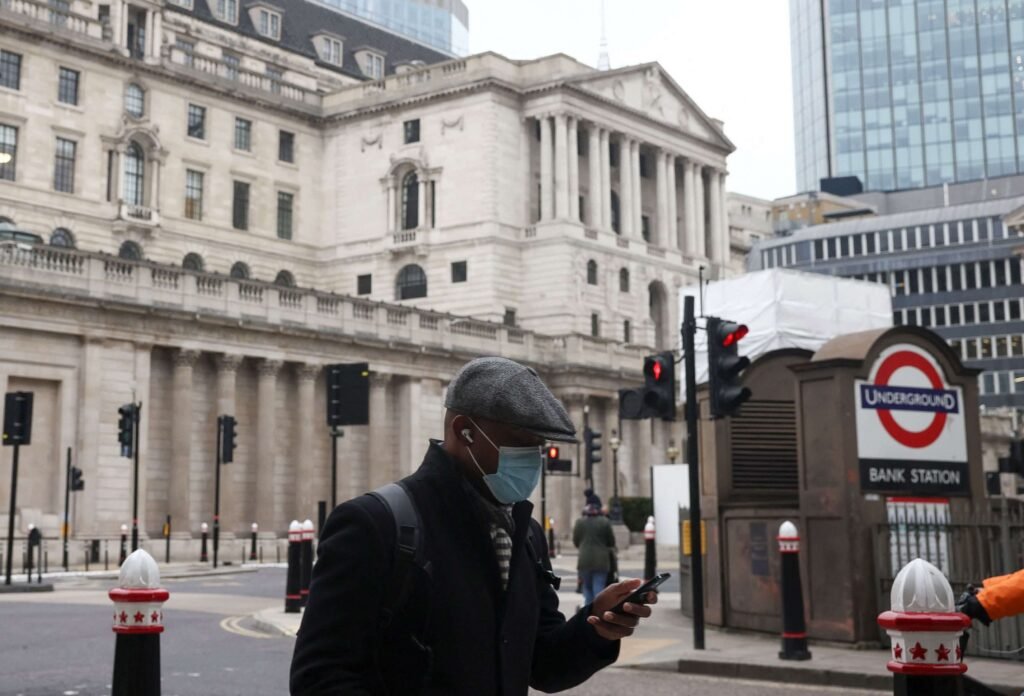After an extensive campaign of monetary tightening, economists and practitioners are analyzing the causes of the cost-of-living crisis and how to avoid repeating past mistakes. Amid these deliberations, financial markets are already adjusting to expectations of high-interest rates. A new conflict in the Middle East is further complicating the outlook as central bankers prepare for their penultimate meetings of the year.
The discussion around central bank policies revolves around three key debates. Firstly, it concerns the flexibility central banks should allow when aiming to reach their inflation targets. Second, the effectiveness of asset purchases (quantitative easing) within monetary policy is under scrutiny. Lastly, experts are examining the benefits of coordinating monetary and fiscal policies.
A Bloomberg survey of economists worldwide reveals that central banks are unlikely to rush to achieve inflation targets, instead giving more leeway for inflation to return to target gradually. The majority of economists believe that central banks will allow more time for inflation to stabilize without taking drastic actions that could harm their economies. Some experts even suggest that central banks might tolerate slightly stronger or weaker price pressures as long as inflation expectations remain anchored.

This idea aligns with the views of former IMF chief economist Olivier Blanchard and former European Central Bank Vice President Vitor Constancio, who have advocated for raising inflation targets. However, changing targets can only be considered after central banks have restored inflation to the initial target.
Experts predict that inflation will be stronger in the future, as indicated by former Bank of England Governor Mark Carney. A lesson from the latest inflation episode is that policymakers should not overlook supply shocks but be prepared to respond proactively, even before inflation spirals out of control. Current geopolitical tensions could also impact inflation, particularly if the Middle East conflict affects oil deliveries.
Although central banks are now more willing to show flexibility in reaching inflation targets, different economic circumstances may require flexibility in the opposite direction in the future. For example, the experiment with negative interest rates in Europe was met with mixed results, raising questions about its effectiveness.
Another topic of debate centers on the future use of quantitative easing (QE). Following the 2008 financial crisis, central banks conducted massive asset purchases, but these purchases did not significantly impact inflation until governments injected money into the economy during the COVID-19 pandemic. However, QE is also seen as distorting financial markets and leading to regulatory and supervisory failures.
Only 40% of economists surveyed believe that central banks will use QE in the same manner as before. A quarter of respondents expect central banks to use QE more sparingly, while about 30% see QE’s primary role as addressing financial stability concerns. A small minority of economists believe that central banks will cease using QE altogether.
There are additional concerns about the consequences of bond-buying. QE can exchange long-term borrowing costs for short-term ones, which has been a lucrative deal for taxpayers when official interest rates are low. However, this has now become a less favorable trade, as central banks struggle with unwinding their balance sheets, which could trigger market turbulence with small errors.
Efforts to scale back QE have been mostly smooth due to central banks accumulating significant debt over the years, minimizing the risk of market disruptions. However, the debate is focused on whether QE will continue to be a reliable tool for central banks.
The legal implications and constraints on central banks related to bond holdings in currency unions could also impact QE use. Concerns about illegal financing of governments and debt mutualization have led to legal challenges in some cases.
Lastly, experts are considering the role of fiscal policy in addressing inflation and economic stability. While low interest rates and large-scale QE programs allowed governments to borrow at low costs to finance stimulus measures, concerns are growing about fiscal deficits contributing to the rise in inflation.
The debate centres on whether central banks can maintain price stability without the support of fiscal policies. Some experts believe that coordination between monetary and fiscal policies would be beneficial. However, central bankers emphasize the need for a change in mindset, with growth depending less on monetary and fiscal policies and more on structural policies to ensure sustainable growth.




